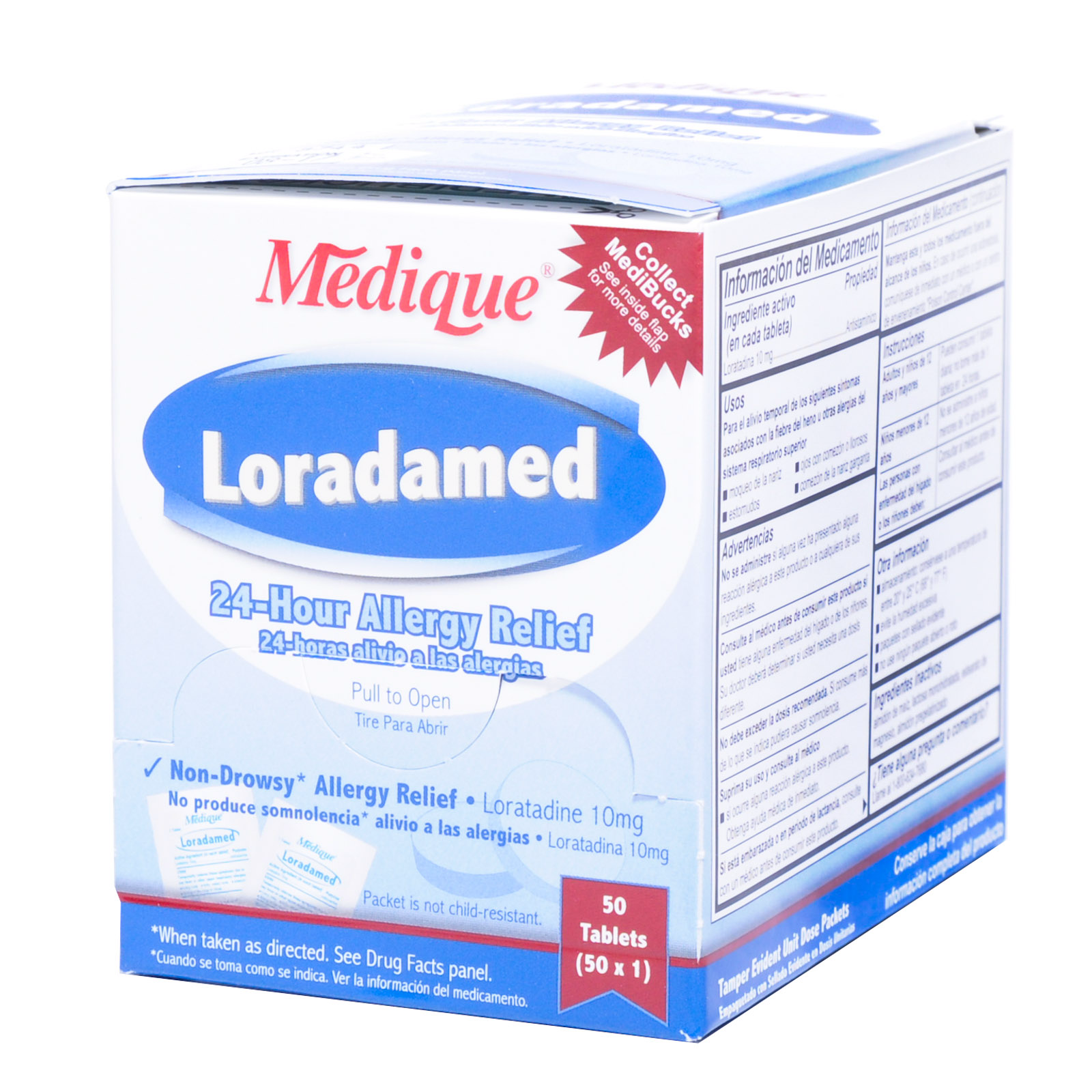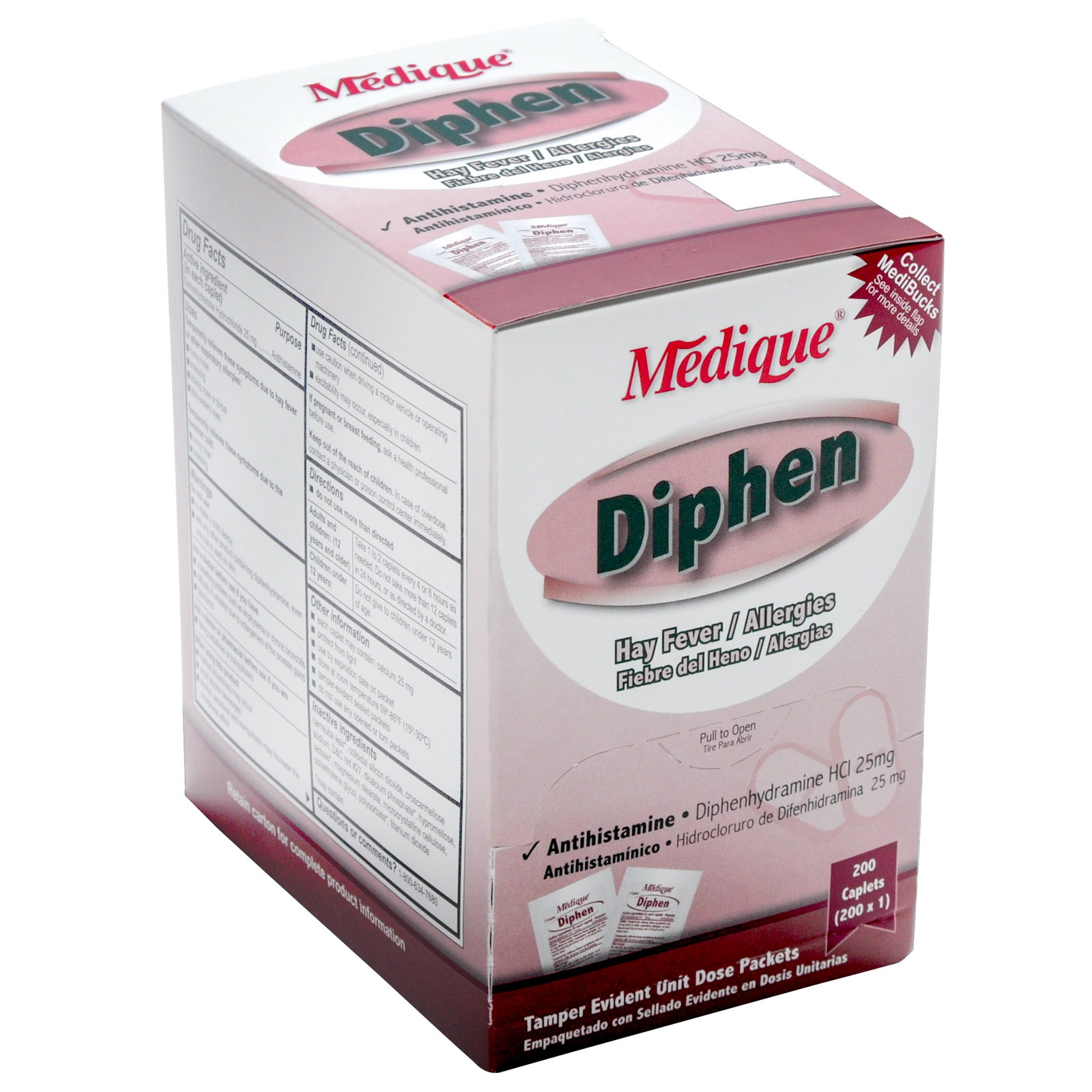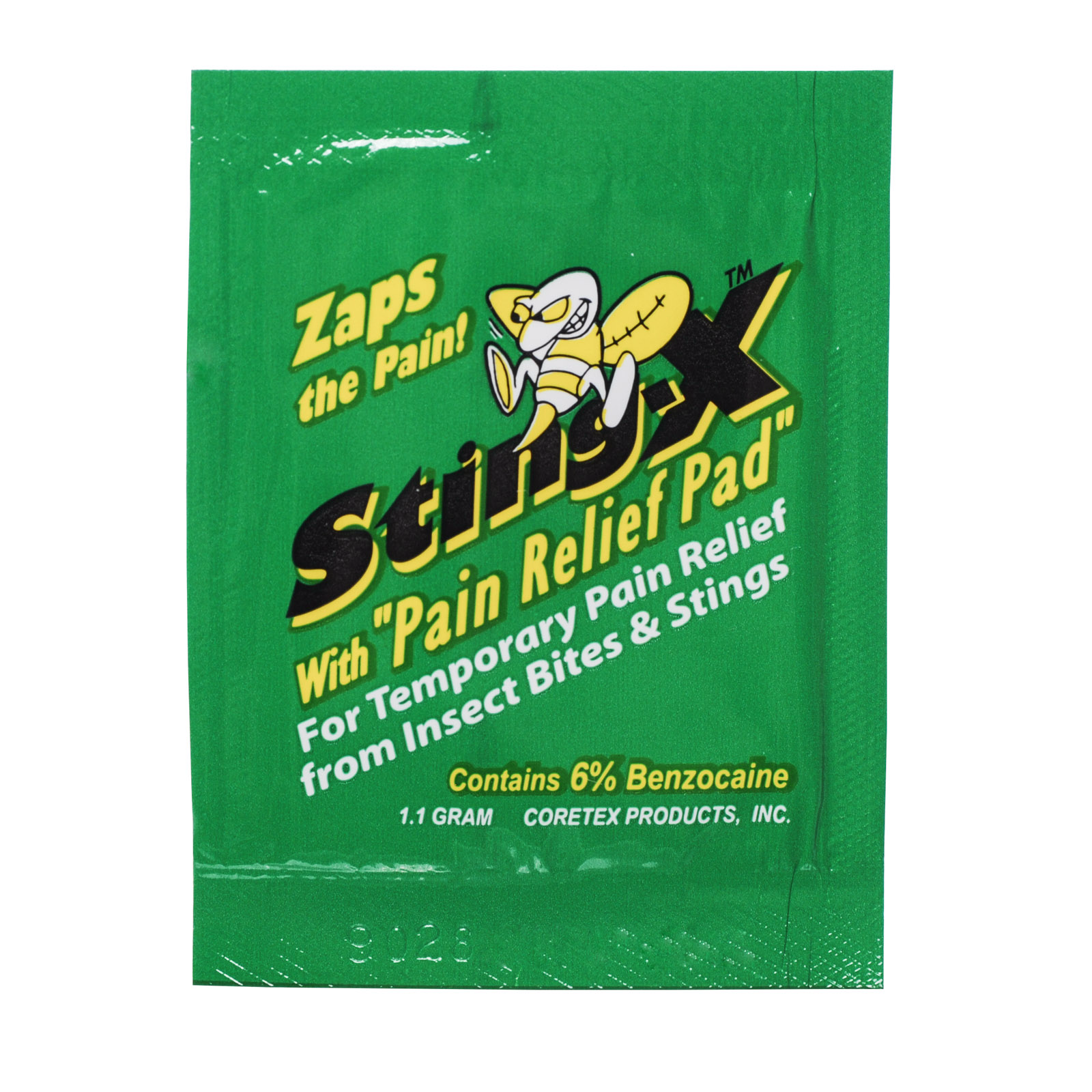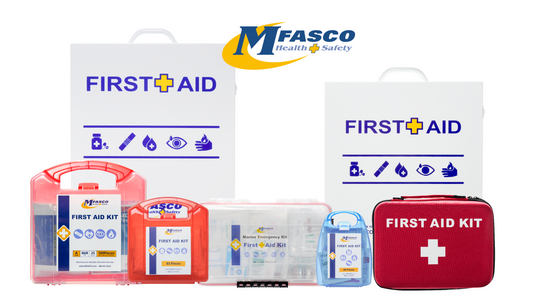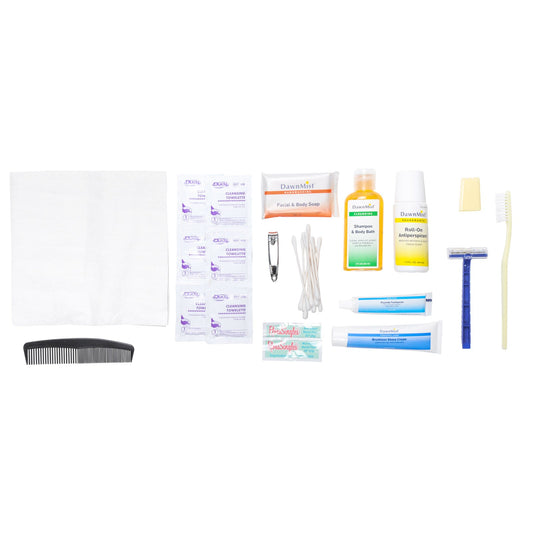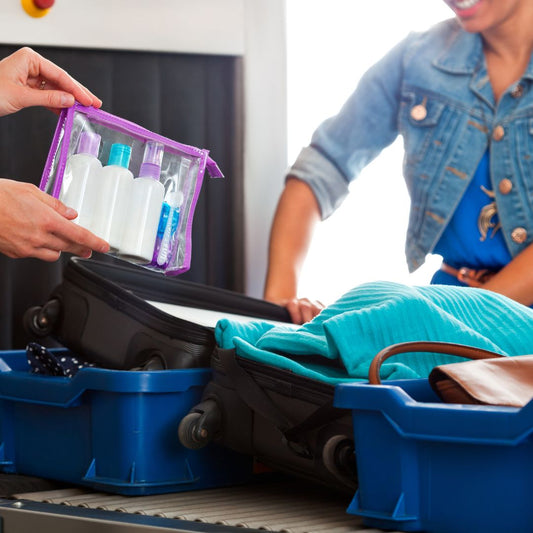Summer Allergy Relief
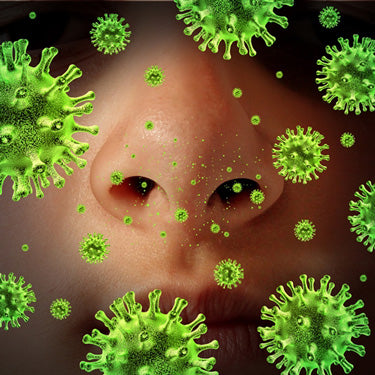
Whether you're the leader of a Girl Scouts troop, about to begin all of those outdoor summer activities, or you're a camp counselor, responsible for dozens of kids while embarking on woodland adventures, you'll undoubtedly run into a few runny noses and sore throats. More than likely, these hay fever symptoms will stem from summer allergies, which are very common ailments. In fact, according to the World Health Organization, the sensitization rates for one or more common allergens in school-aged children are reaching between 40 and 50 percent. The high prevalence among kids puts allergy relief at the forefront of summer defenses, so find out how you can be prepared:
Seasonal allergies
According to the National Institutes of Health, allergic reactions occur when your body's immune system tries to defend itself against something that's not dangerous, such as pollen or mold. These reactions take the form of cold-like symptoms, including nasal congestion, runny nose, sneezing, and itchy eyes. While these manifestations of allergies are minor, having something like a chronic cold can make the summer months miserable. Plus, avoiding allergy treatment can make symptoms worse and lead to more serious illnesses.
 Help kids fight hay fever by packing allergy relief medications in your first-aid kit.
Help kids fight hay fever by packing allergy relief medications in your first-aid kit.
Therefore, it is crucial to take proper precautions against hay fever to have a safe, enjoyable summer. While there's no avoiding the pollen levels in the air, you can help kids fight the allergic reaction symptoms. Make sure kids who struggle with hay fever take a daily allergy pill that provides 24-hour relief. The antihistamine Benadryl is another option for combating hay fever, and it's especially beneficial for nighttime relief.
Bug bites
It's no secret that mosquitos love warm, humid weather - that's why they make such a widespread appearance during the hot summer months. If you're taking the kids out for a woodsy adventure or you'll be spending plenty of time around the campfire, then you'll likely run into these not-so-friendly insects. Most people are sensitive to their bites, and the allergic reaction involves itching, irritation, and small red bumps. Make sure you have a Benadryl Itch Relief Stick with you to help relieve the discomfort of those bug bites. You can also use Sting Relief Pads to alleviate bug-sting pain from bees, wasps, hornets, and mosquitos.
"Make sure you know if any of the kids have bee-sting allergies."
Itchiness and discomfort aren't the only problems that come with mosquito bites; these bugs can also carry diseases, such as the West Nile virus. Therefore, it's important not just to treat the bites but to also prevent them from happening in the first place. Though this isn't always a practical solution, try avoiding the outdoors in the early morning and after dusk, as this is when they are most prevalent. Otherwise, have everyone use insect repellant to ward off the mosquitos.
Make sure you know if any of the kids have bee-sting allergies. They may need injectable epinephrine prescribed by their doctor rather than just relief pads and ointment. However, some kids may not realize they are allergic to bees if they've never been stung before. In all bee- or wasp-sting cases, you'll have to spot the signs of a severe allergic reaction. If a child is stung and exhibits symptoms of anaphylaxis (a bodily reaction that can be fatal) such as vomiting, fainting, feeling of tightness in the chest, and wheezing, seek medical attention immediately. Implement these allergy relief strategies to have a stress-free summer.
Outdoor Products & Accessories
MFASCO's Make a Kit Tool
Outdoor First Aid Kits
Allergy Relief Medications
Additional Resources for Outdoor Kits & Supplies
Top 8 First Aid Kit Types
5 Outdoor Health Tips - Part 1
Essential First Aid Kit Supply List
Contributing Expert

Mike Brinker
Mike Brinker has been working in the first aid industry for over 35 years. He has worked with thousands of businesses,groups, and organizations to provide a healthy and safe work environment. Mike helped create “Make-A-Kit”, the internet's only online first aid kit creation tool. He has also authored many helpful first-aid and safety-related resource articles found at the MFASCO Learning Center.

